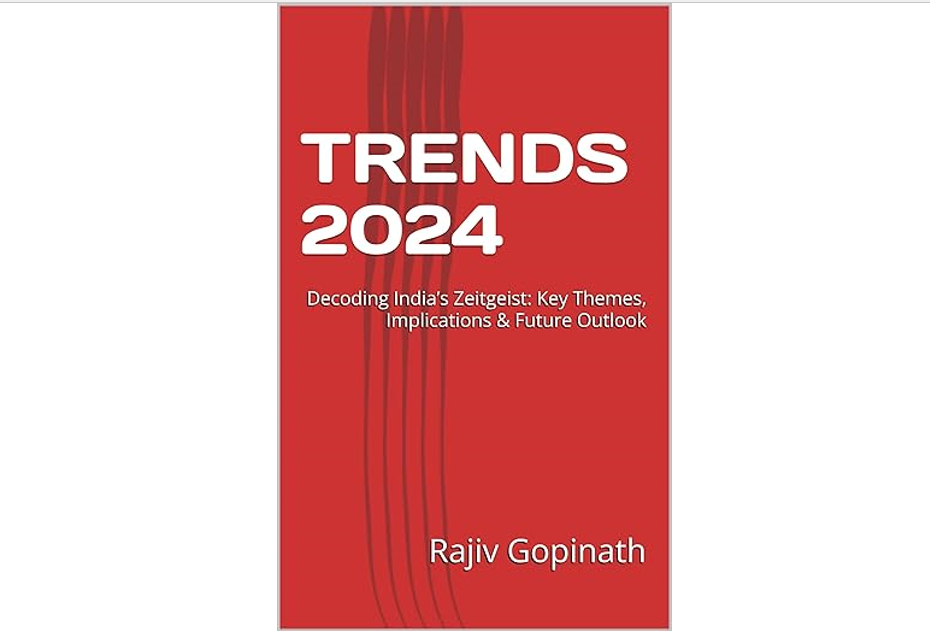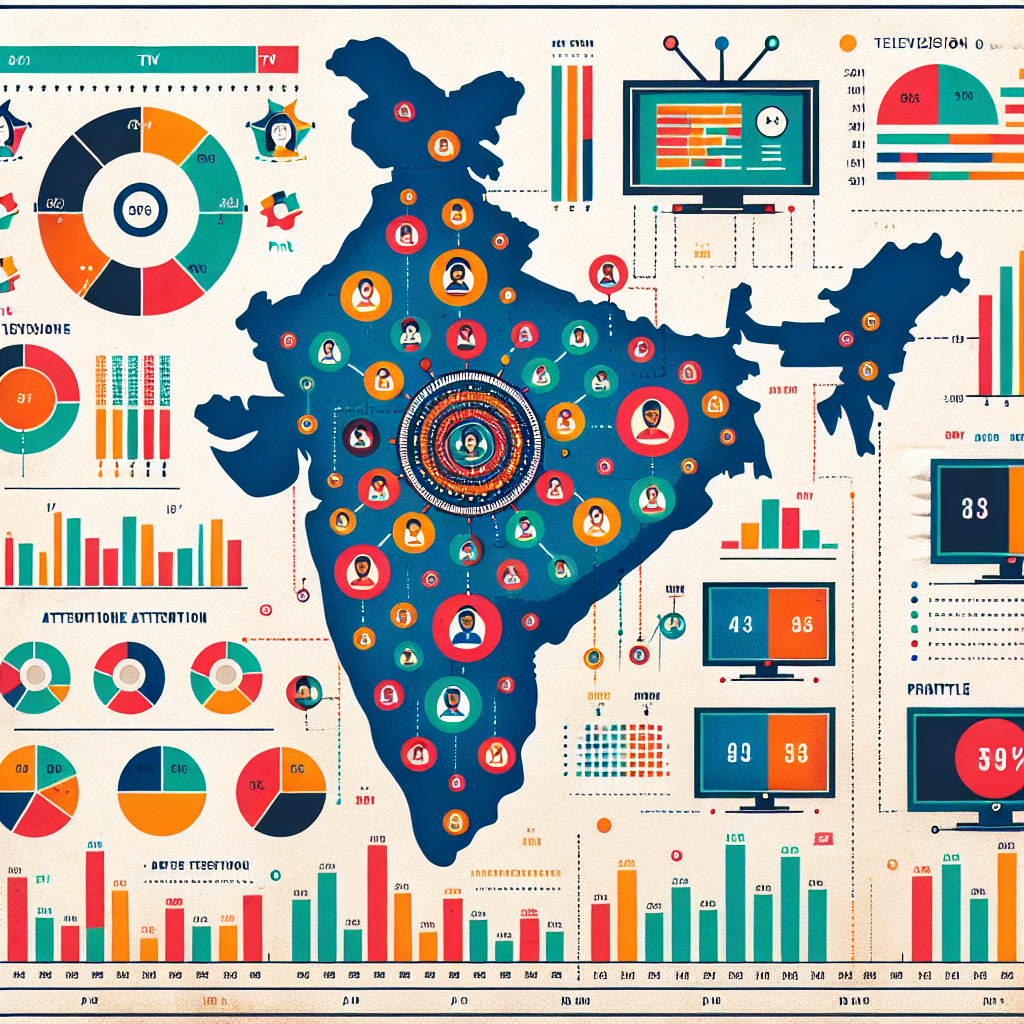The Role of Ethical AI in the Future of Privacy-First Advertising
It was during a heated boardroom discussion that Ray first confronted the paradox at the heart of modern advertising. "We need more personalization," insisted their CMO, while the legal counsel countered, "But we have less data to work with every day." As tensions rose, the AI engineer quietly interjected: "What if we could do both?" She described an emerging paradigm where artificial intelligence could deliver relevance without surveillance, personalization without privacy violations. The room fell silent as they contemplated this possibility. That moment sparked Ray's journey into ethical AI for advertising—a quest to understand how intelligent systems might restore the broken trust between brands and consumers while still delivering business results.
Introduction: The Privacy-Personalization Paradox
The advertising industry stands at a critical inflection point. With third-party cookies disappearing, privacy regulations tightening globally, and consumer trust at historic lows, the data foundations of digital advertising are crumbling. Simultaneously, the demand for personalized experiences continues to grow, creating what Stanford researcher Michal Kosinski terms "the privacy-personalization paradox."
Artificial intelligence, the very technology that accelerated data-hungry advertising practices, now emerges as a potential solution to this contradiction. Ethical AI—systems designed with privacy protection, transparency, fairness, and user agency at their core—offers a pathway to reconcile personalization with privacy protection.
This shift isn't merely technological but represents a fundamental reimagining of the value exchange between brands and consumers. As Harvard Business School professor Sandra Matz observes, "The future of advertising isn't about extracting more data, but deriving more meaning from the data freely given."
1. On-Device AI and the End of Data Extraction
Ethical AI is transforming advertising's data architecture by shifting intelligence to the edge—processing sensitive information directly on user devices rather than server-side.
Apple's App Tracking Transparency framework exemplifies this approach, using on-device machine learning to deliver the company's "Private Click Measurement" technology. This enables conversion tracking without exposing individual user data, maintaining advertising functionality while preserving privacy.
Brave Browser demonstrates a similar philosophy by keeping user behavioral data device-side while utilizing AI to match relevant advertisements without revealing user identities to advertisers. Their system has achieved 93% targeting accuracy compared to cookie-based approaches while maintaining complete user anonymity.
These innovations align with what MIT professor Alex Pentland calls "the new deal on data"—where value is created through intelligence rather than data extraction. Research from the World Economic Forum indicates that brands implementing such privacy-preserving AI systems experience a 27% increase in consumer trust metrics.
2. Federated Learning and Collective Intelligence
Ethical AI is pioneering new collaborative learning paradigms that derive insights across user populations without centralizing sensitive data.
Google's Federated Learning of Cohorts (FLoC) represented an early, if controversial, implementation of this approach. More sophisticated systems now enable advertisers to train machine learning models across distributed user devices without extracting the underlying data.
Fashion retailer H&M has implemented federated learning to power its style recommendation engines, keeping personal preferences local while aggregating anonymized insights to improve overall system performance. This approach reduced data collection by 71% while maintaining 94% of recommendation accuracy.
As University of Cambridge researcher Effy Vayena notes, "Federated learning reconciles the seemingly contradictory goals of organizational learning and individual privacy." A Meta/Nielsen study found that consumers are three times more likely to share data when they understand it remains on their devices.
3. Synthetic Data and Privacy-Preserving Innovation
Ethical AI is revolutionizing how advertisers develop and test new targeting approaches through synthetic data generation—creating statistically representative but entirely artificial user profiles.
The Massachusetts-based Hazy AI exemplifies this trend, generating synthetic datasets that mirror real consumer behaviors with mathematic guarantees against re-identification. Unilever has used this approach to develop and test new micro-targeting strategies without exposing actual customer data, reporting a 35% reduction in privacy risk while accelerating campaign development by 58%.
IKEA's marketing team employs synthetic data to model consumer journey simulations, enabling creative optimization without surveillance. This methodology not only satisfies GDPR requirements but has improved campaign performance through more diverse testing scenarios than real-world data could economically provide.
PwC research indicates that synthetic data will represent 60% of all data used in AI development by 2025, fundamentally changing how advertising strategies are conceived and tested.
4. Explainable AI and the Transparency Imperative
Ethical AI addresses advertising's "black box" problem through explainable systems that allow both marketers and consumers to understand targeting decisions.
IBM's Watson Advertising suite now includes "Advertising Fairness Metrics" that monitor algorithmic bias and provide natural language explanations for targeting recommendations. Mastercard has implemented similar transparency tools that generate plain-language targeting rationales for both marketers and end users.
This shift addresses what Berkeley professor Deb Donig calls "the algorithmic accountability gap" in digital advertising. When Pinterest implemented explainable recommendation systems, user engagement increased by 18% as consumers gained confidence in why content was being suggested to them.
Research from the Advertising Research Foundation shows that ads accompanied by clear targeting explanations achieve 26% higher engagement rates and 35% better brand perception scores than those without such transparency.
5. Agency-Enhancing AI and Preference Communication
Perhaps most transformatively, ethical AI enables new interfaces for user control over advertising experiences without sacrificing relevance.
Spotify's "interest-based advertising controls" exemplify this approach, using AI to interpret expressed user preferences rather than inferred behaviors. This system maintains targeting precision while giving users explicit control over their advertising categories.
The Guardian has pioneered an "AI preference guardian" that learns user boundaries through direct feedback rather than surveillance, creating what NYU professor Finn Brunton terms "a digital advocate that amplifies user agency."
Such systems represent what Oxford Internet Institute researcher Luciano Floridi calls "infraethics"—systems designed to enhance human autonomy rather than circumvent it. When Microsoft implemented AI-powered advertising controls across its products, opt-in rates for personalized advertising increased by 43%.
Conclusion: From Surveillance to Service
The integration of ethical AI into advertising represents more than a technological adaptation—it signals a paradigm shift from surveillance-based marketing to service-oriented engagement. By fundamentally re-architecting how consumer intelligence is gathered, processed, and applied, ethical AI offers a path toward advertising that respects privacy without sacrificing effectiveness.
As Yale professor Edward Tufte observes, "The worst thing about the privacy crisis in advertising isn't the regulation it's triggering—it's the trust it's destroying." Ethical AI provides a framework for rebuilding that trust through systems that empower rather than exploit.
The future of advertising lies not in extracting more consumer data, but in creating more value from the data consumers choose to share.
Call to Action
For marketing leaders navigating this transformation:
- Conduct an ethical AI audit of your current martech stack, identifying opportunities to implement privacy-enhancing technologies
- Invest in on-device and edge computing capabilities that enable personalization without centralized data collection
- Develop transparent preference centers that use AI to translate consumer choices into actionable targeting parameters
- Experiment with synthetic data approaches that enable innovation while minimizing privacy risks
- Build cross-functional teams that integrate ethics specialists alongside data scientists and marketers
The brands that embrace ethical AI won't just survive in a privacy-first future—they'll define it, creating competitive advantage through trust rather than surveillance.
Featured Blogs

TRENDS 2024: Decoding India’s Zeitgeist: Key Themes, Implications & Future Outlook

How to better quantify attention in TV and Print in India

AI in media agencies: Transforming data into actionable insights for strategic growth

How the Attention Recession Is Changing Marketing

The New Luxury Why Consumers Now Value Scarcity Over Status

The Psychology Behind Buy Now Pay later

The Rise of Dark Social and Its Impact on Marketing Measurement

The Role of Dark Patterns in Digital Marketing and Ethical Concerns








